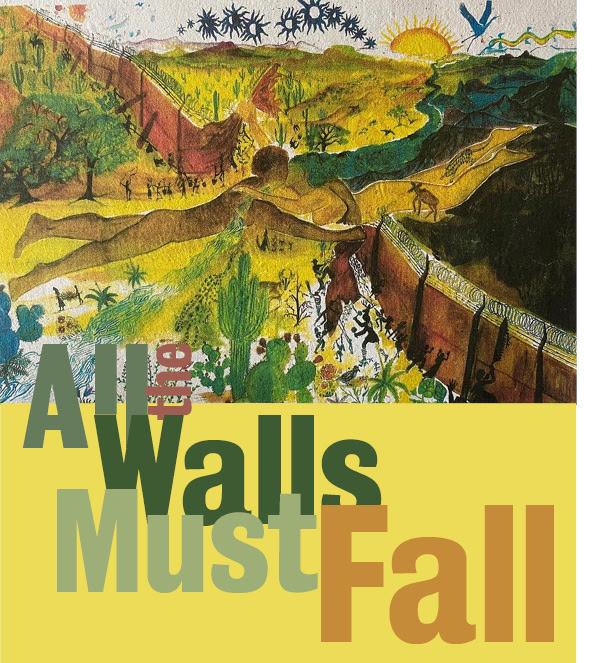Attacks against former FARC combatants who are integrated into the peace process continue at an alarming rate. About 300 have been killed since the signing of the Peace Accords in November 2016. On January 28, the Constitutional Court, noting that former combants’ “fundamental rights to life, personal integrity and peace … were ignored” by the Colombian state, ordered the government to take measures to protect the lives of former FARC combatants. On February 12, Jhon Sebastián Rivas and Leonardo Agudelo Murillo were with other members of Memoria Viva (a union which represents security personnel for former FARC combatants) in San Vicente del Caguán, Meta Department, to provide security to another former combatant, Lucila Moreno. TV news footage showed the police violently assault one of the men from behind. When the two tried to run away, police opened fire, shooting and killing a 14-year-old bystander. Two days later, an armed group began distributing pamphlets, warning that Memoria Viva members should present their accredited weapons and vehicles or otherwise be “declared military objectives,” i.e. marked as targets of assassination.

